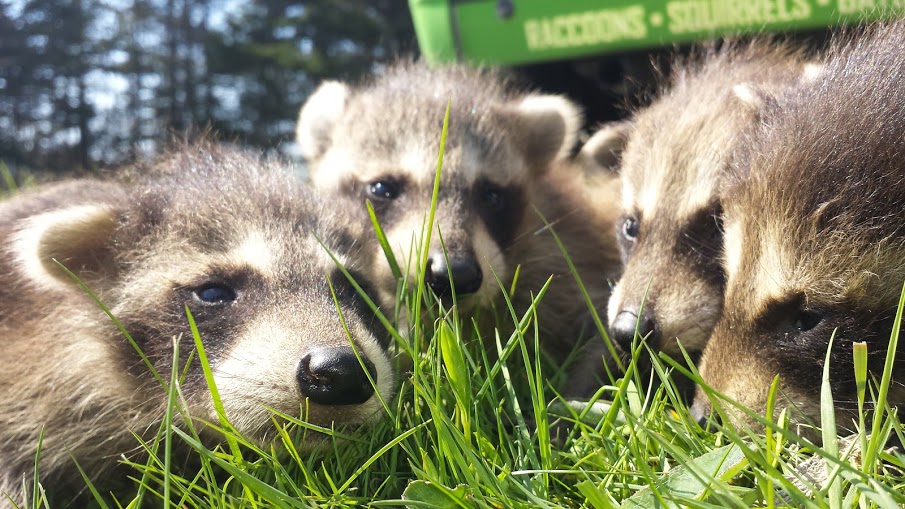Raccoons are cute and fascinating creatures, but they can wreak havoc on a garden. If you suspect you might need to call wildlife control in Waukesha, make sure you’ve also implemented basic preventative measures. The first step to keeping critters from coming into your home is to prevent them from taking up residence on your property.
Why Are Raccoons Bad for Gardens?
A lot of people think raccoons are exclusively carnivores, but this couldn’t be further from the truth. Since they’re more closely related to bears than dogs or cats, they can eat an equally wide range of foods. Among the most appealing of these foods are unprotected garden vegetables.
Once a single animal knows about your yard, you may soon have a problem on your hands, as others will follow in search of an easy meal. Prospective mothers scoping out potential den sites may find weak defenses in your home’s perimeter. Their sharp claws and teeth can easily chew through flimsy wood or siding.
What Are the Signs of A Raccoon Invasion?
Masked invaders can be hard to detect. Because they’re most active during the darkest hours of the night, you probably won’t catch them in the act of breaking into your garden. Under direct light, they quickly scatter to secluded places. Look for indirect signs instead.
Depending on the soil type in your area, it can be easy to find prints in your yard. These usually look a bit like tiny human hands. In the dark, raccoons like to feel their way around obstacles, so there are often plenty of prints to find. Their droppings are drier than dog or cat poop and may resemble fox droppings.
As strange as it may sound, your trash is one of the best places to find signs of raccoons. Masked critters love rifling through trash in search of appealing bits of thrown-away meat or veggies.
They have very hardy stomachs and can eat things that would make most humans sick. To do this, they like to knock over tall bins that they would otherwise have trouble reaching. Though windy conditions can sometimes blow over garbage bins, if you find your trash strewn across your driveway several nights in a row, you probably have unwanted intruders.
Sometimes, raccoons leave scratches on fences and trees, as they tend to use their sharp claws to safely climb steep surfaces. When they regularly climb up and down the same areas, these marks create noticeable tracks.
How Can You Keep Invaders Out of Your Garden?
Raccoons are extremely intelligent, and they’re capable of adapting to simple defenses. You should combine more than one method, therefore, to ensure your garden’s safety.
Your first line of defense is your protective wiring. Always keep tough wire mesh over all of your crops. Remember, smart animals can easily dig under fencing, so extend yours at least a dozen centimeters below ground.
Physical obstacles may not always stop crafty critters from looking for food, but unpleasant scents can do the trick instead. Garlic, chili, and cinnamon are all unattractive to raccoons. To create a deterrent concoction, just boil a handful of your substance of choice and spread the infused water around your garden. Ammonia repellents also work well, but they aren’t as ecologically sound.
While gardens can attract animals, it’s often other parts of your yard that invited them in the first place. Always seal garbage bins and pet food containers securely before nightfall. Remove bird feed and pure water sources from your yard. Never feed wild animals, and never feed your pets from an outdoor dish.
Raccoon Removal
If your defensive measures aren’t working, there’s a good chance you have an entrenched population on your hands. Removal can be tricky, so you should never attempt to remove them on your own. Instead, call Skedaddle Humane Wildlife Removal to safely and ethically restore your home and garden to peace.



